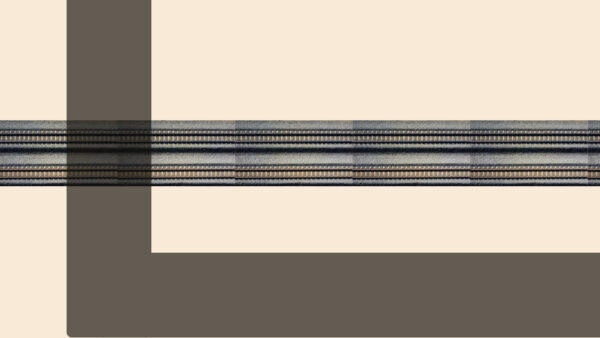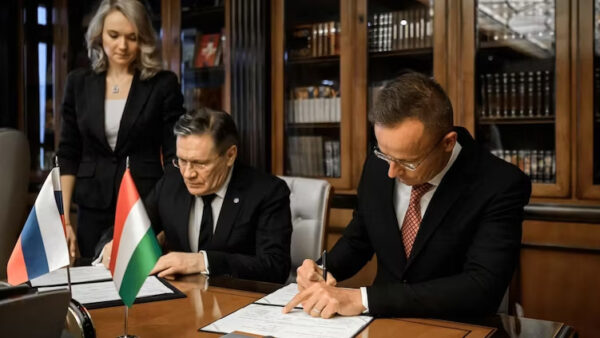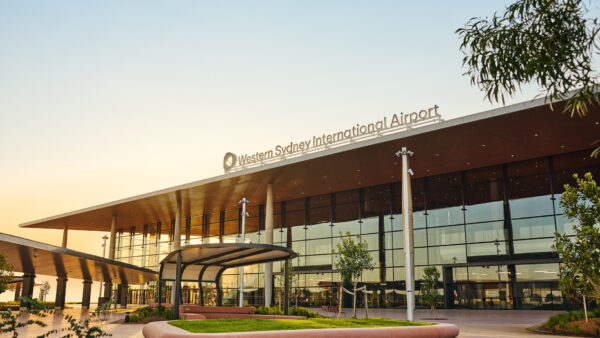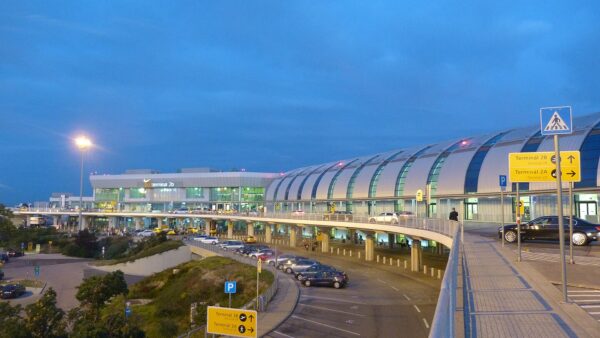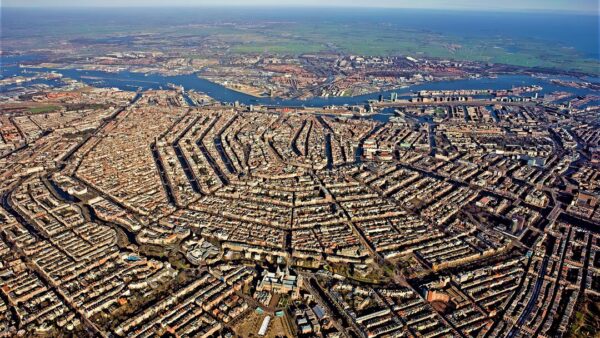The capital of Mongolia, Ulaanbaatar, is to be a test bed for a new, data-driven modelling tool that aims to help city regions develop sustainably.
The Mongolian prime minister, Chimed Saikhanbileg, was in London today to witness the signing of the agreement between the city’s governor and a UK charity that has been developing the model with help from a global team of scientists, engineers, planners, social and political experts and economists.
The tool, called resilience.io, helps cities plan and evaluate the business case for projects that bring improved human wellbeing, resource efficiency, clean energy and technologies that restore ecological systems.Â
Around 40% of Mongolia’s population of 2.7 million lives in Ulaanbaatar, which faces serious problems with overcrowding, housing shortages, traffic and deadly pollution.
Separately, plans are afoot to create a new, more sustainable capital for Mongolia 20km away from Ulaanbaatar.
Being developed now by experts from Imperial College London and the Zurich-based Institute for Integrated Economic Research (IIER), the model is expected to be ready for testing next year.
It is the brainchild of Professor Peter Head CBE, an engineer who in 2011 took early retirement from his role as head of planning at global multidisciplinary firm, Arup, in order to pioneer new, low-carbon and circular development models.
The charity he founded, The Ecological Sequestration Trust, has been working in Ulaanbaatar since December 2013, supported by the British Foreign and Commonwealth Office.
In a statement Head said: “When I created The Trust, four years ago, the aim was to provide all regions of the world with an open-source, free-to-use platform that would enable them to discover a more resilient, sustainable development pathway – a resilience compass. To do this we had to bring together world-leading modellers in human, ecological systems and economics.Â
“However it was also necessary to find regions in different parts of the world with the leadership and desire to bring about transformational change for their people and willingness to use this platform for that purpose. In particular to use the platform to help meet the post 2015 Sustainable Development Goals (SDGs) and to attract investments that seek lower risk through new governance and data systems.”
The memorandum of understanding Head signed today with the Governor of Ulaanbaatar, Bat-Üül Erdene, in the presence of Prime Minister Chimed Saikhanbileg, sees the trust and the city working together for the next three years.
Accra in Ghana and the UK county of Dorset are also demonstration regions. Another is planned in China, Head said.
For more information see:
Photograph: Cold and high pressure locks in pollution in Mongolia’s high capital, Ulaanbaatar (jubatusphotos.wordpress.com)


